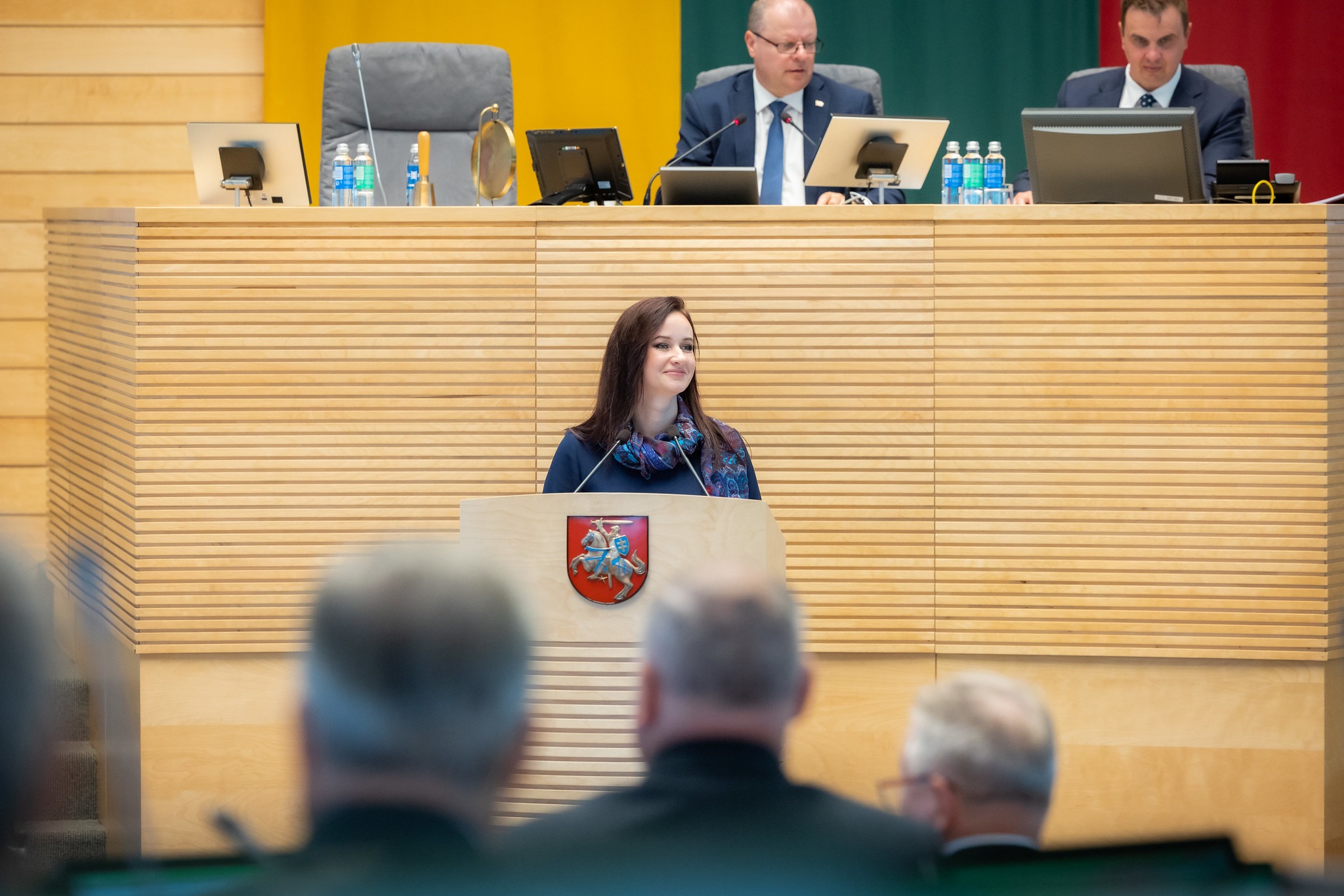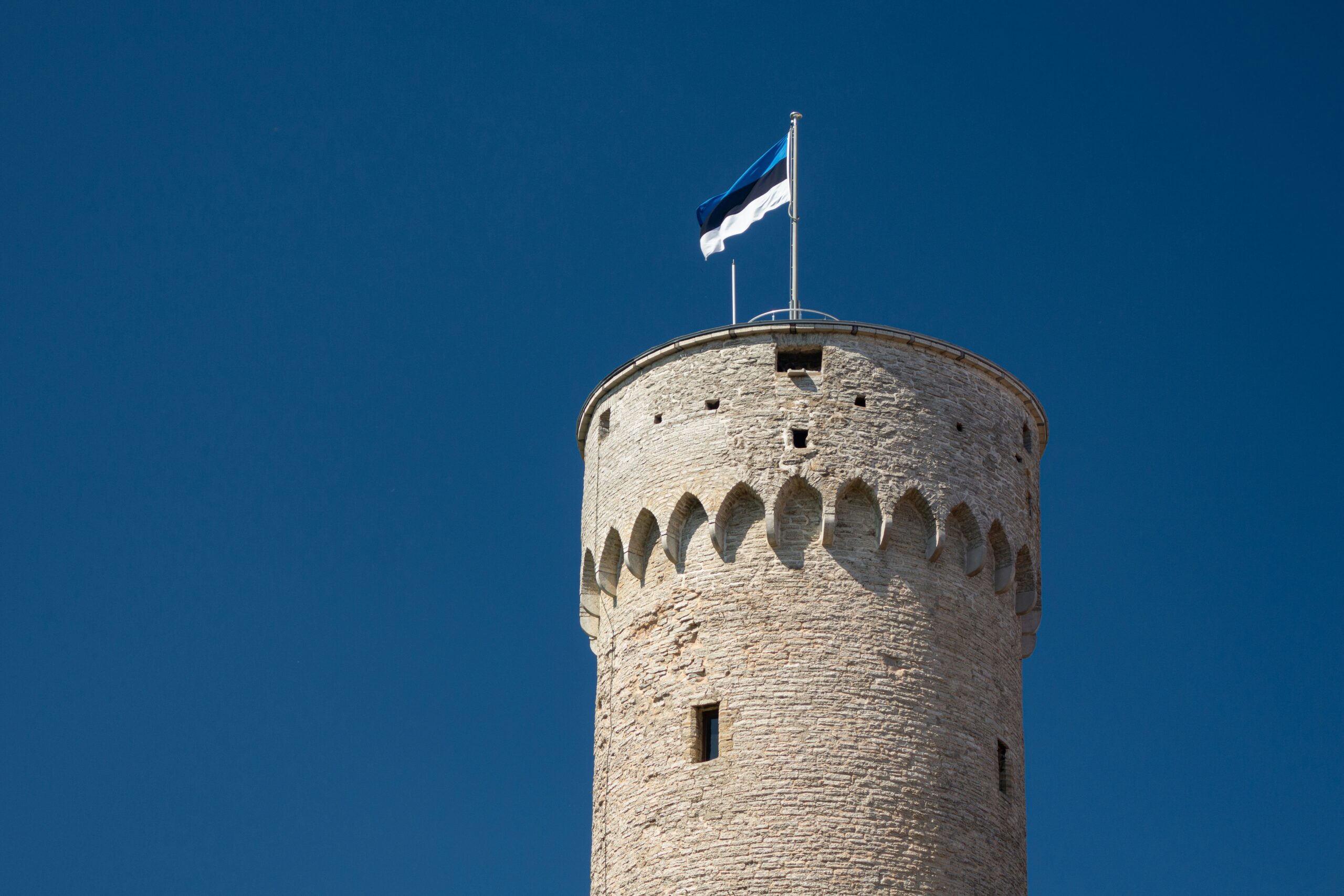Report
Estonia Weekly: Satirical “Olivier Salad Ban” Rumour Fuels Russophobia
Pro-Kremlin online voices in Estonia amplified both fabricated claims about cultural repression and criticism of long queues at the Narva border, framing these measures as evidence of “Russophobia.”
Weekly Reports
Latvia Weekly: Trump–Putin Meeting Used to Sow Doubt About Western Security Guarantees
In the aftermath of the Trump-Putin Alaska summit Pro-Kremlin Telegram framed European leaders as obstacles to peace while suggesting both Trump and Putin desire to end the Ukraine conflict. Monitored channels also used the occasion to label Baltic states as “puppets” and to mock NATO’s military capabilities following a drone incident.
Read moreEstonia Weekly: Kremlin Voices Exploit Refugee Relocation Debate
Pro-Kremlin commentators amplified two controversies in Estonia: claims that children were encouraged to shoot at caricatures resembling Russian soldiers during Independence Day celebrations, and criticism of the government’s stance on the EU refugee relocation scheme.
Read moreLithuania Weekly: Pro-Kremlin Media Exploits Debate Over Inga Ruginienė’s Nomination
Kremlin-aligned outlets in Lithuania seized on public hesitation around proposed Prime Minister Inga Ruginienė, mocking criticism and turning political debate into partisan blame. Pro-Kremlin narratives framed the controversy as a Conservative-only problem, urging them to “look inward,” while dismissing broader concerns – a tactic aimed at discrediting opposition and amplifying political division.
Read moreLatvia Weekly: Propaganda Portrays Trump-Putin Talks as Abandonment of Latvia
The pro-Kremlin Telegram channel “Antifascists of Pribaltics” responded to the Trump-Putin Alaska summit by publishing fabricated “intelligence transcripts” portraying Trump as conspiratorially agreeing to abandon Ukrainian territories and Europeans. This story deliberately exploits Baltic historical fears about great power negotiations, framing the summit as evidence that America views the Baltic states as expendable bargaining chips in deals with Russia.
Read moreEstonia Weekly: Swine Fever Crisis Framed as Government Incompetence
Pro-Kremlin commentators denounced Estonia’s expulsion of a Russian diplomat while praising U.S.–Russia dialogue, as domestic debate in Estonia centered on swine fever outbreaks tied to wider criticism of government policies.
Read moreLatvia Weekly: Narratives Portray Latvia as a Pawn of the West
Pro-Kremlin Telegram channels systematically portray Baltic politicians as foreign-controlled mercenaries who abandon their homeland for Western salaries, while simultaneously mocking democratic institutions through personal attacks and conspiracy theories about embassy-delivered “instruction manuals.” These coordinated narratives serve to delegitimize European integration and NATO membership by reducing complex geopolitical choices to simple corruption and foreign manipulation.
Read moreEstonia Weekly: Slur Controversy and Health Board Scandal Feed Public Outrage
Public use of the derogatory term “tibla” for Russian-speaking Estonians sparked controversy, leading to an apology. The incident fueled nationalist debates, while pro-Kremlin commentators seized on a corruption scandal involving the Health Board to further undermine trust in Estonia’s government.
Read moreLithuania Weekly: Drone Incident Used to Undermine Trust in National Defense and NATO
Pro-Kremlin media heavily exploited last week’s Belarusian drone incursion into Lithuanian airspace, mocking the government’s response and portraying security institutions as ineffective. Emergency alerts were framed as panic-inducing, while NATO was depicted as unable to defend Lithuanian territory. These narratives aimed to erode public trust and paint Lithuania as isolated and vulnerable.
Read moreLatvia Weekly: Drone Support to Ukraine Framed as Aggression in Kremlin Media
Pro-Kremlin channels have mocked Latvia’s application for EU defence funding, portraying it as corrupt, futile, and driven by blind loyalty to the West. Using sarcasm and disinformation, they aim to discredit Latvia’s security efforts and undermine broader European defence cooperation.
Read moreShowing 46 to 54 of 334 results
Don’t miss a story.
We publish stories that change laws, lives, minds and the world. Subscribe to our newsletter to get our investigations delivered to your inbox.








